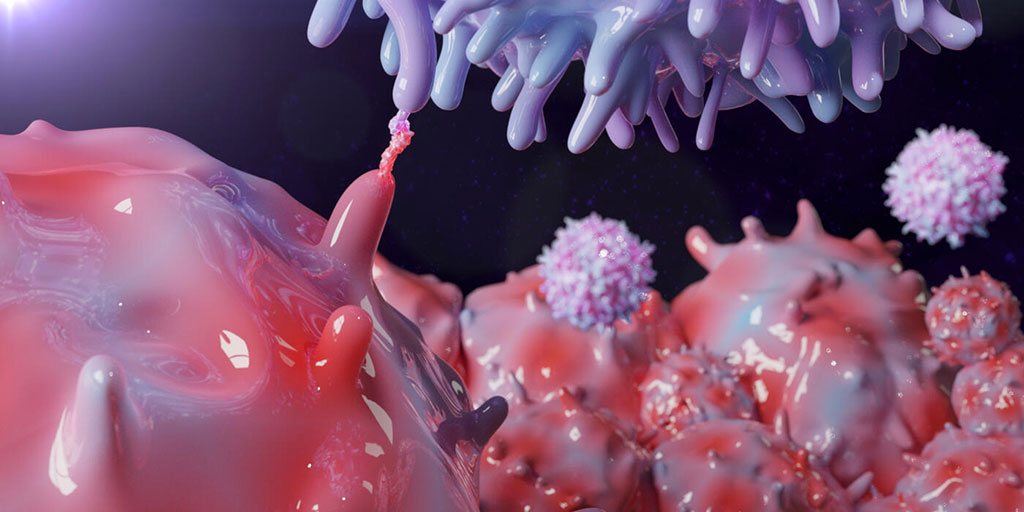New Biomarkers to Help Gauge Response of Melanoma Patients to Immune Checkpoint Therapy
Posted on 20 Sep 2022
A recent study identified biomarkers that demonstrate stable performance in predicting the response of melanoma patients to immune checkpoint inhibitor (ICI) therapy.
Since only a subset of melanoma patients respond to immunotherapy with checkpoint inhibitors, predictive biomarkers are critically needed to guide treatment decisions and develop approaches to the treatment of therapeutic resistance.

The Tumor Mutation Burden (TMB) is the only [U.S.] FDA-approved biomarker for melanoma. TMB is defined as the number of somatic mutations per megabase whereas mutational signatures are distinct mutational patterns of single base substitutions, double base substitutions, or small insertions and deletions in tumors. TMB has shown potential as a predictive biomarker with several applications, including associations reported between different TMB levels and patient response to immune checkpoint inhibitor (ICI) therapy in a variety of cancers. However, the mechanisms underlying TMB association with prolonged ICI survival are not entirely understood and may depend on numerous confounding factors.
Investigators at the The Wistar Institute (Philadelphia, PA, USA) sought to identify better ICI response biomarkers based on tumor mutations. Toward this end, they evaluated a variety of feature selection and classification methods and identified key mutated biological processes that provided improved predictive capability compared to the TMB.
Over the course of the study, the investigators worked with training and validation mutation and clinical datasets from metastatic melanoma patients treated with anti-PD1. For training, they used 144 melanoma patients’ samples, including somatic mutations and anti-PD1 response information. For validation, they used 68 melanoma patients’ samples with somatic mutations and relevant clinical data. To further test the models, they used an additional 38 anti-PD1-treated melanoma patients’ samples. For all datasets, responders were defined as patients with complete or partial response.
The top mutated processes identified by the study were involved in leukocyte and T-cell proliferation regulation. These markers demonstrated stable predictive performance across different data cohorts of melanoma patients treated with ICI. Identification of these mutated processes is expected to substantially improve prediction of response to ICI by melanoma patients over that obtainable from the TMB.
“This work aims to identify better and more biologically interpretable genomic predictors for immunotherapy responses,” said senior author Dr. Noam Auslander, assistant professor of molecular and cellular oncogenesis at the Wistar Institute. “We need better biomarkers to help select patients that are more likely to respond to ICI therapy and understand what factors can help to enhance responses and increase those numbers.”
The study was published in the September 19, 2022, online edition of the journal Nature Communications.
Related Links:
The Wistar Institute














